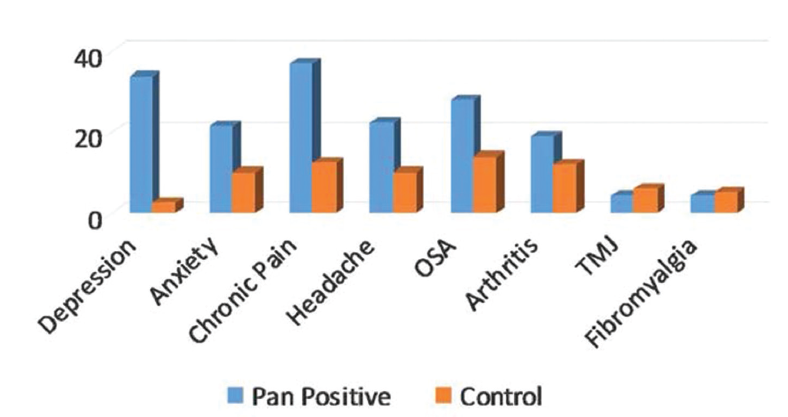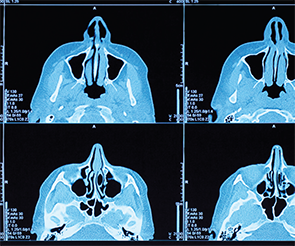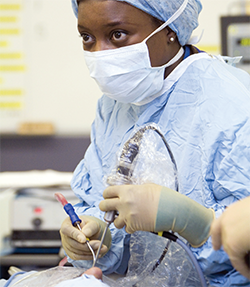Depression, anxiety, headaches, and chronic pain more common in patients with all positive symptoms on the SNOT-20 score


Depression, anxiety, headaches, and chronic pain more common in patients with all positive symptoms on the SNOT-20 score

Clinical Consensus Statement on septoplasty clarifies role of the procedure
By anatomical site, prognosis is best for nasal cavity cancers and worst for overlapping lesions
Healthcare provider, provider’s specialty, presence of medical trainees affect overuse of antibiotics
Chronic rhinosinusitis patients considering surgery should make decisions guided by their pre-operative QoL impairment, as measured using the SNOT-22

A timeline of events that led to functional endoscopic sinus surgery
Research shows surgical intervention can result in clinical improvement, but up to 21% of patients report only marginal improvement
Research suggests patient discussion should inform first line of treatment
Highest rates of increase seen in East South Central states; greatest changes have occured in frontal sinus surgery
Endoscopic sinus surgery yields significantly greater improvement in cardinal symptoms compared with medical therapy alone